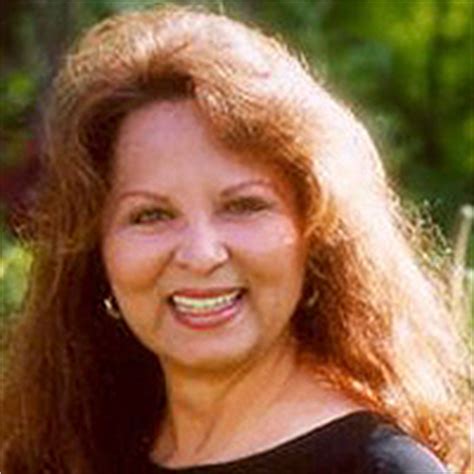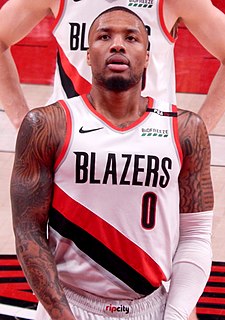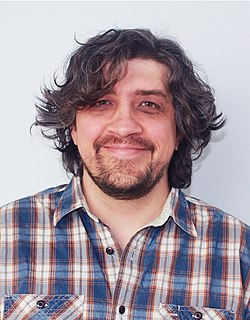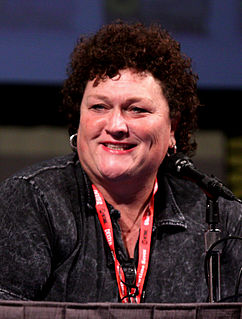A Quote by Tilda Swinton
Working with the editor on the set means that it is possible to keep track, at every moment, of the exact temperature of the trajectory of the scene - and know precisely what is required to continue, or precede, the action already shot. Like building a giant jigsaw puzzle. This is a freeing procedure because one is divested of all the options that might otherwise hamper one's choices. Clarity is possible. And that means one can relax into each shot, knowing the clear boundaries of where it might end or begin. And with relaxation, comes play.
Quote Topics
Action
Because
Begin
Boundaries
Building
Choices
Clarity
Clear
Continue
Each
Editor
End
Every
Exact
Freeing
Giant
Hamper
Jigsaw
Jigsaw Puzzle
Keep
Know
Knowing
Like
Means
Might
Moment
Options
Otherwise
Play
Possible
Precisely
Procedure
Puzzle
Relax
Relaxation
Required
Scene
Set
Shot
Temperature
Track
Trajectory
Working
Related Quotes
We are responsible for one another. Collectively so. The world is a joint effort. We might say it is like a giant puzzle, and each one of us is a very important and unique part of it. Collectively, we can unite and bring about a powerful change in the world. By working to raise our awareness to the highest possible level of spiritual understanding, we can begin to heal ourselves, then each other and the world.
There are moments in life where the question of knowing whether one might think otherwise than one thinks and perceive otherwise than one sees is indispensable if one is to continue to observe or reflect... What is philosophy today... if it does not consist in, instead of legitimizing what we already know, undertaking to know how and how far it might be possible to think otherwise?
Relaxation means allowing yourself to fall into a state where you are not doing anything, because if you are doing something, tension will continue. It is a state of non-doing. You simply relax and you enjoy the feeling of relaxation. Relax into yourself, just close your eyes, and listen to all that is happening all around. No need to feel anything as distraction. The moment you feel it is a distraction, you are denying God. This moment God has come to you as a bird. Don't deny.
If I'm ever working on a set and anyone talks about a master shot, I say there is no master shot. Before I even went to film school, I learned about movies by being in a British feature film, where everything was shot master shot, mid-shot, close-up. But I reject the idea of a master shot. You don't shoot everything mechanically; you find imaginative ways that serve the action.
I did volleyball, basketball, and track all through high school. And then I went to junior college and I stuck with track because I was good at shot put and discus. And then I got a full ride to Fresno State for their track program. Shot put was my main thing. I was the five-time All-American, and I set a couple records.
Because of the way that I work with the actors and because a scene is not in this rigid and literal interpretation of something written, I can constantly change stuff, which means I can get a scene absolutely perfect, and then when we go to shoot it, the requirements of the shot mean it would be useful to extend the dialogue or take a line out or swap things around. So the camera doesn't serve the action. The action serves the camera. That's important. So it becomes more and more organic and integrated.
Letting go means we stop trying to force outcomes and make people behave. It means we give up resistance to the way things are, for the moment. It means we stop trying to do the impossible-controlling that which we cannot-and instead, focus on what is possible-which usually means taking care of ourselves. And we do this in gentleness, kindness, and love, as much as possible.
Having done Spaced, I can't even remember it being that difficult on Spaced, but we know what the end's going to be like. We know why we're putting in this amount of work, or why a shot might be particularly tricky, because we know that what we do is create a whole package. It's the writing, the performances, and the style of camerawork, that's what we're working toward, and we're prepared for that.



































